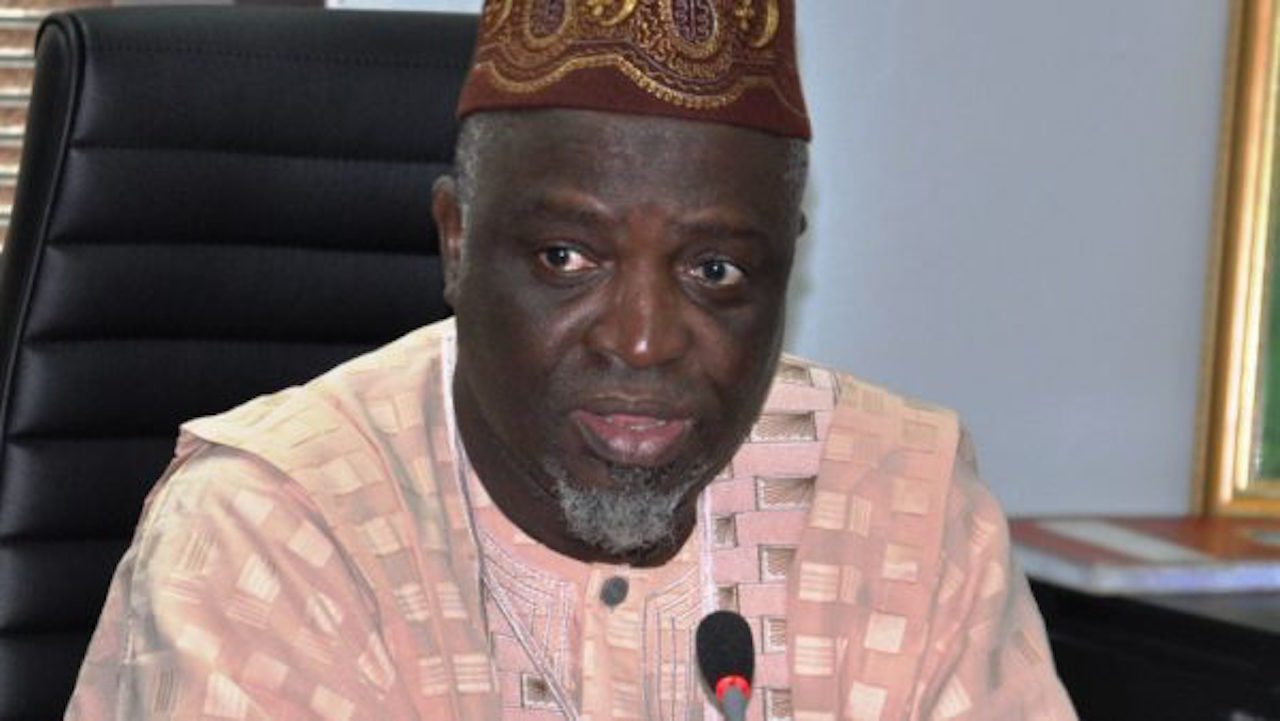The Joint Admissions and Matriculation Board (JAMB) has granted approval for the admission of 85 underage candidates—those who will be below 16 years by September 2025—after a thorough screening under its exceptional admission policy.
In a statement issued by its Public Communication Adviser, Fabian Benjamin, the Board said the candidates were carefully evaluated and found eligible for admission.
They have been advised to visit their respective institutions to finalize their admission processes and print their JAMB admission letters.
JAMB explained that the exceptional admission policy follows international best practices, where cases involving underage candidates are treated as special circumstances rather than general occurrences.
Out of the 2,031,133 applicants who sat for the 2025 Unified Tertiary Matriculation Examination (UTME), 41,027 applied for consideration under the special underage category. Among them, 599 candidates scored 80 percent and above in the UTME and were subjected to additional assessments, including verification of their academic records and post-UTME performance.
ALSO READ
Following this process, 182 candidates (178 plus 4) were shortlisted for final interviews and documentation. After the final stage, 85 candidates were confirmed to have met all requirements and were officially cleared for admission.
The Board also urged any of the 182 finalists who missed the final interview due to genuine reasons to submit a formal complaint through the JAMB Support Ticketing System under the category “2025 Underage Complaint.” Such cases, it noted, would be reviewed individually and handled based on merit.
Furthermore, JAMB announced that candidates who scored 320 and above in the UTME but were previously disqualified for failing to upload their O-Level results have been given a two-day grace period—ending Wednesday, October 29, 2025—to complete the process and notify the Board via the same support system.
Reiterating its dedication to fairness, transparency, and academic integrity, JAMB emphasized that its admission processes will remain credible, inclusive, and in line with the standards expected in Nigeria’s tertiary education system.
